So you want to start a band. The dream is intoxicating: the roar of the crowd, the thrill of creation, the sheer, unadulterated joy of making music with your closest friends. It’s a dream sold to us on album sleeves and in grainy documentary footage. The reality, however, is far grittier, often involving arguing over a missing power cable in a damp rehearsal room that smells of stale beer and desperation. Surviving that transition from dream to reality is the real rock ‘n’ roll story. This isn't about getting famous; it's about building something that lasts, something that fulfills you creatively without completely destroying your spirit, your bank account, or your friendships.
The very first note of this entire symphony is finding your people. This is the single most important step, and it has very little to do with sheer technical prowess. You can be the fastest guitarist in the world, but if you're an insufferable egomaniac, no one will want to be in a van with you for six hours. Look for musicians whose taste aligns with yours, but more importantly, look for people you genuinely like. You are entering into a musical marriage. You will see these people at their most tired, most frustrated, and most vulnerable. Chemistry offstage is just as critical as chemistry onstage. Jam together. See how the conversation flows, both musically and verbally. Does it feel forced? Or does it feel like the most natural thing in the world?
Once you’ve found your musical kin, the next crucial, and often disastrously overlooked, step is the band meeting. Before you even name the band or write a single song, sit down. Have a coffee. Talk. What are everyone’s expectations? Is this a fun weekend hobby to blow off steam? Are you aiming to play local pubs twice a month? Or is the goal a full-blown, tour-the-country assault on the industry? Getting this out in the open immediately prevents the heartache of a drummer who just wants to jam casually being paired with a singer who is ready to drop out of college to "make it." Discuss commitment levels, financial contributions for gear and rehearsal space, and creative direction. It’s unsexy, but this conversation is the foundation upon which everything else is built.
With the team assembled and the mission statement vaguely agreed upon, it’s time to make some noise. Rehearsals are your laboratory, your gym, and your therapy couch all in one. Don’t just show up and play the same three covers for two hours. Have a plan. Work on a specific song structure, experiment with a new groove, or dedicate time to tightening up a troublesome transition. The most productive bands are often the ones who aren’t afraid to stop and dissect what’s not working. It’s in these moments of collaborative problem-solving that your unique sound begins to emerge. Remember, you’re not just learning songs; you’re learning how to listen to each other.
Ah, the material. The songs. This is your currency. Whether you’re writing original music or putting your unique spin on covers, the song is king. For original bands, don’t fall into the trap of waiting for "inspiration" to strike. Treat songwriting like a job. Schedule it. Someone brings in a riff, a chord progression, or even just a lyrical phrase, and you build on it together. Don’t be precious about your ideas; the best bands are democratic, where the best idea wins, regardless of who brought it to the table. For cover bands, the same rule applies: make it your own. Don’t just mimic; interpret. Your audience can hear the original on their phone; they came to see you.
Now, for the elephant in the room: the gear. You do not need a wall of vintage Marshall stacks to sound good. In fact, you probably can’t even turn one on in most modern rehearsal spaces without being asked to leave. Start with functional, reliable gear that you can afford. A solid intermediate-level guitar, a dependable bass amp, a drum kit that stays in tune. The magic is in your fingers, not in the price tag. As you grow and start making a little money, you can reinvest in better equipment. The goal at the start is to sound clear and tight, not to bankrupt yourself chasing the tone in your head.
You’ve rehearsed, you have a setlist, and you sound… like a band. Now, you need to play for someone other than the four walls of your practice room. Getting gigs is a hustle. It’s about becoming a part of your local music scene. Go to other bands’ shows. Support them. Talk to venue bookers, but don’t just shove a phone in their face with your demo. Have a genuine conversation. Build a relationship. When you do get that first gig, treat it like it’s Madison Square Garden. Promote it relentlessly. Bring your friends, your family, your co-workers. A booker will remember a band that brings a energized crowd far more than they’ll remember a band with a perfect guitar solo.
Surviving the stage is one thing; surviving each other is another. Band dynamics are fragile. Egos will flare. Creative differences will emerge. The key to navigating this is communication. Talk about the bad show. Talk about the song that isn’t working. Address issues directly and respectfully before they fester into resentment. Learn to argue productively. It’s not about winning; it’s about finding the best solution for the band. Sometimes, that means compromising. Sometimes, it means admitting you were wrong. This is how you build trust, and trust is the glue that holds a band together through the long, dark nights in a broken-down van.
Let’s talk about the van. Or more broadly, the business. The romantic idea of the artist who is above "the business" is a fast track to obscurity or, worse, exploitation. You have to be smart. Keep track of your expenses—rehearsal space, strings, sticks, gas money. Keep track of your income from gigs. It doesn't have to be complicated, but a simple spreadsheet will save you countless arguments. Have a band bank account, even if it’s just a petty cash jar, for collective expenses. Decide how you’ll split gig money fairly. Is it an even split? Does the person who provided the PA get a little extra? Decide early and stick to it.
Finally, remember why you started. There will be times when it feels hopeless. When you play to the sound guy and the bartender. When you blow a tire on the highway on the way to a show. When you have a furious argument about the bass tone. In these moments, you have to reconnect with the pure, stupid joy of making music together. Remember the first time you locked into a groove and it felt like magic. That feeling is the prize. The survival part isn’t about fame or fortune; it’s about protecting that feeling, nurturing it, and building a project that allows you to experience it for as long as possible. That’s the ultimate victory.

By /Aug 22, 2025
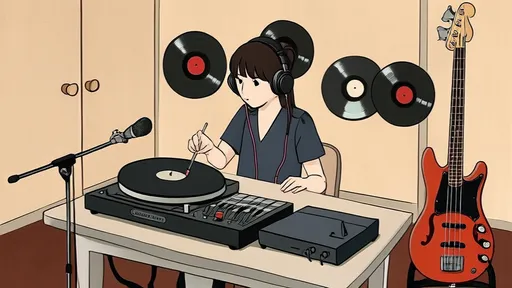
By /Aug 22, 2025
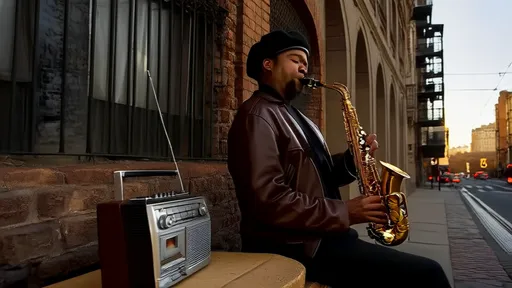
By /Aug 22, 2025

By /Aug 22, 2025
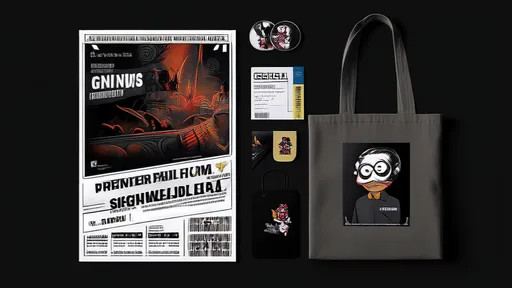
By /Aug 22, 2025
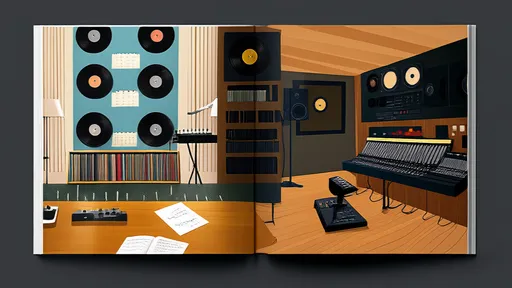
By /Aug 22, 2025
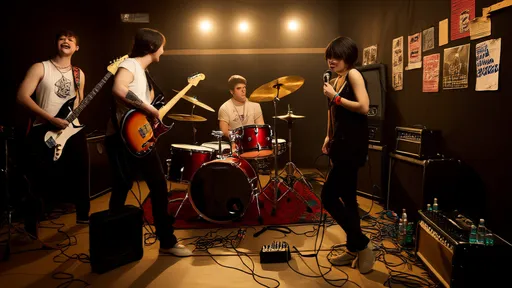
By /Aug 22, 2025

By /Aug 22, 2025

By /Aug 22, 2025

By /Aug 22, 2025

By /Aug 22, 2025

By /Aug 22, 2025

By /Aug 22, 2025

By /Aug 22, 2025

By /Aug 22, 2025

By /Aug 22, 2025

By /Aug 22, 2025

By /Aug 22, 2025
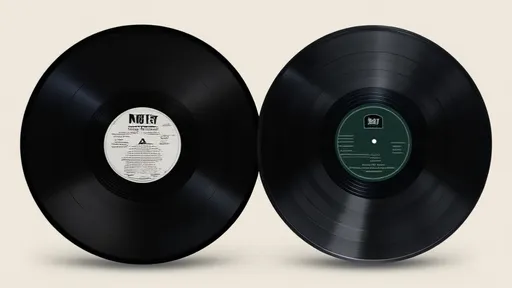
By /Aug 22, 2025
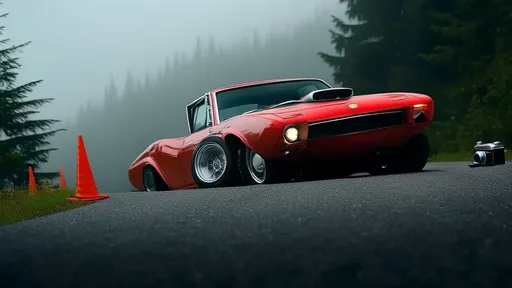
By /Aug 22, 2025